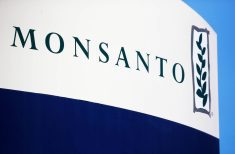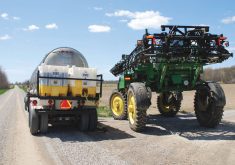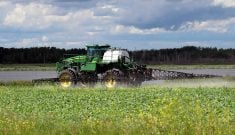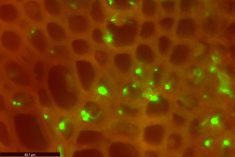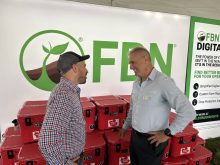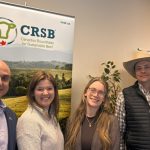The patent on Roundup Ready 1 (RR1) soybeans has expired, but new patents will protect Pioneer Hi-Bred s new soybean varieties coming to market next spring.
We want to be very clear so that our customers are well positioned to make informed choices for the next season without any misunderstanding, Pioneer Hi-Bred president Ian Grant said in a release Oct. 27.
We ve always sold our seed on a single-use basis, Grant said in an interview. It s in the terms and conditions of the seed sale.
Read Also
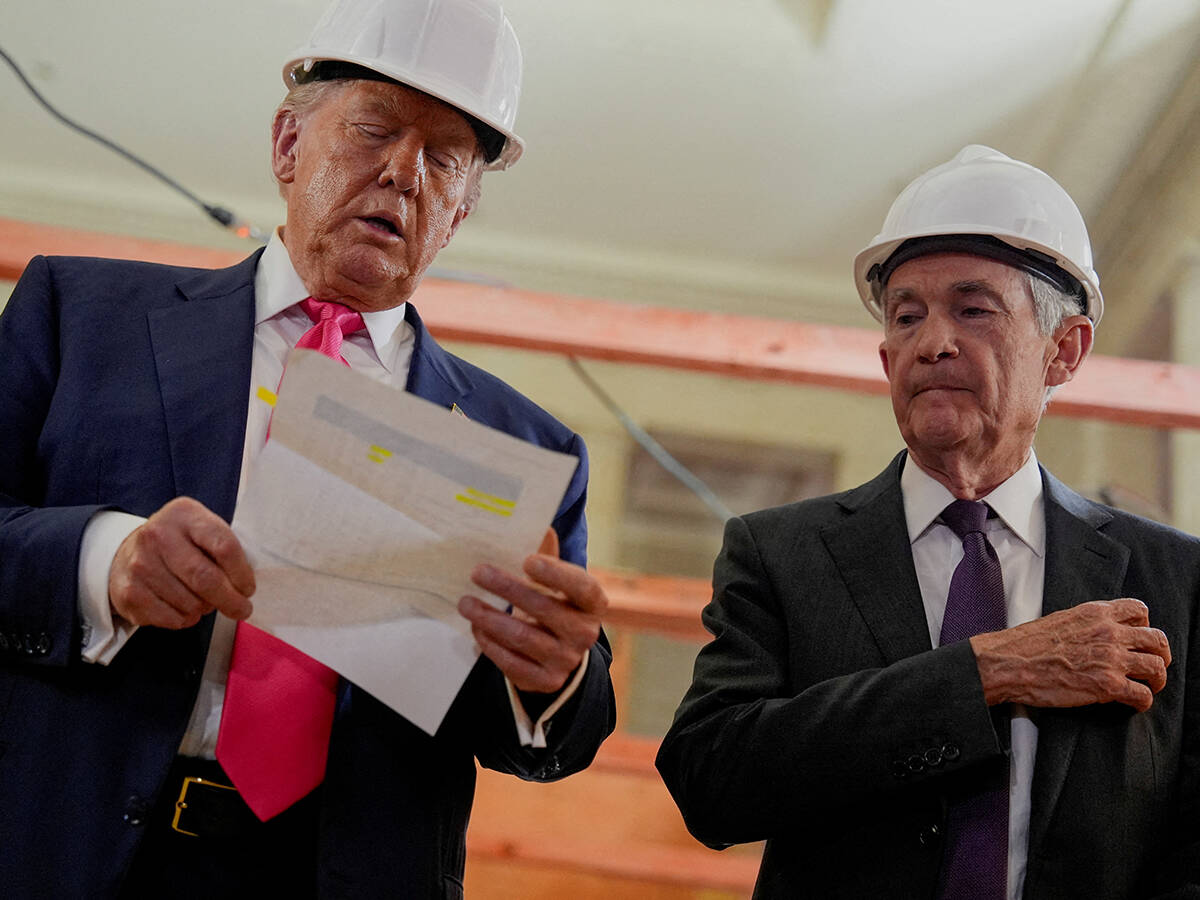
Farm trade policy pundits lay CUSMA odds
What’s the future of Canada’s free trade agreement with the U.S. and Mexico? Policy experts try to read the stars on the issue
Rather than having one avenue of protecting intellectual property we now have two.
Pioneer s Variety Improvement Patents, are on specific cells in its soybean plants, including progeny.
Although only one Pioneer soybean cultivar has been patented so far, patents are pending on more than 50 and will be in place before Dec. 31 well in advance of next year s spring seeding.
I want to be very clear, Grant said. We believe our customers are very honourable people and are honest and have a high level of integrity and they will respect our intellectual property and respect the single-use aspect when they purchase the seed. Having said that if certain growers don t want to respect that, we have a couple of layers of enforcement.
The patent on Monsanto s RR1 gene, which confers resistance to the nonselective herbicide Roundup (glyphosate), expired in August. As a result farmers who buy RR1 soybeans for planting next spring can legally save the seed produced next year and grow it again, but only if they haven t either signed an agreement with their seed supplier not to, or the seed is protected by patent.
Saved seed cuts farmers production costs. However, it s unlikely many farmers will be able to legally save soybean seed in 2012. Few seed companies are selling RR1 soybeans for seeding next spring and those that are, such as Pioneer, have patents and agreements farmers must sign that prohibit saved seed.
Protecting its investment in the new varieties it develops is critical, Grant said.
Our ability to protect these inventions encourages us to continue to invest in new technology and varieties for the betterment of growers and agriculture in general, he said.
At the end of the day patents are good for consumers because they promote innovation.
For each soybean variety it takes about seven years to create and develop it and it s about a million dollars per variety. We want to be able to continue with that investment, but we need to protect that investment. Every good businessman expects a return on their investment otherwise they wouldn t do it, including the growers.
Grant noted there are many advantages to planting certified seed, including an assurance of quality and that the seed meets high standards for germination and purity. Most certified soybean seed comes treated something few farmers are equipped to do, he said.
For Pioneer customers, outside the bag comes all the services that our company provides agronomic support, working with growers to maximize yield and maximizing their profitability, he said. I couldn t honestly say that about a bag of bin-run seed.




